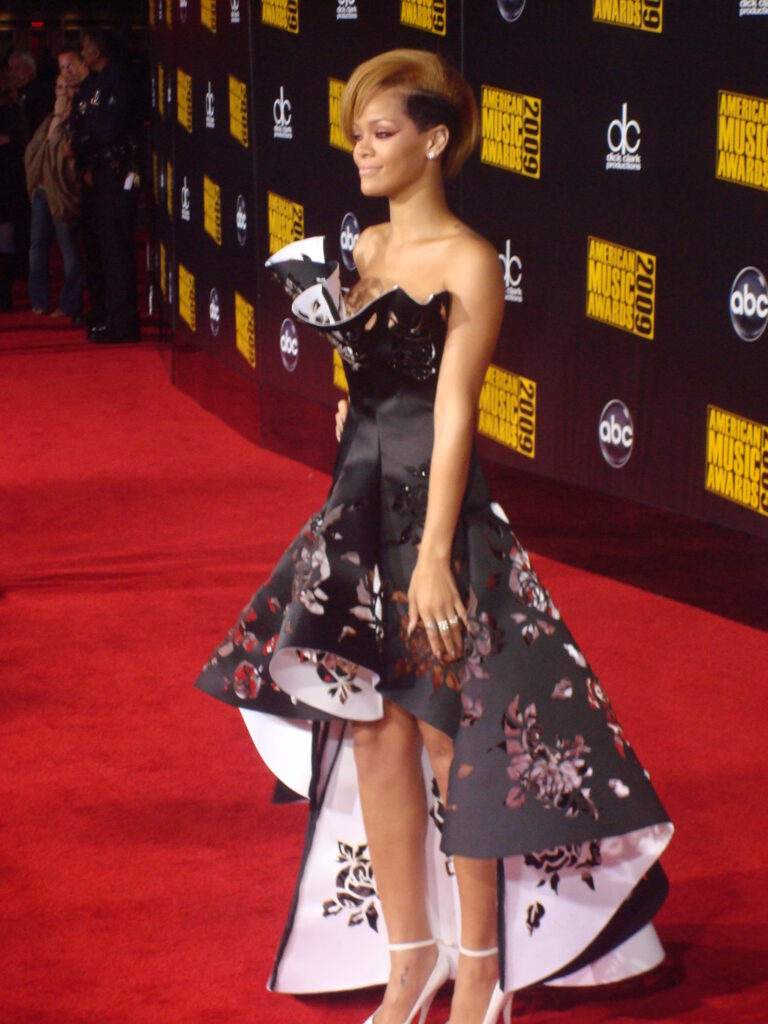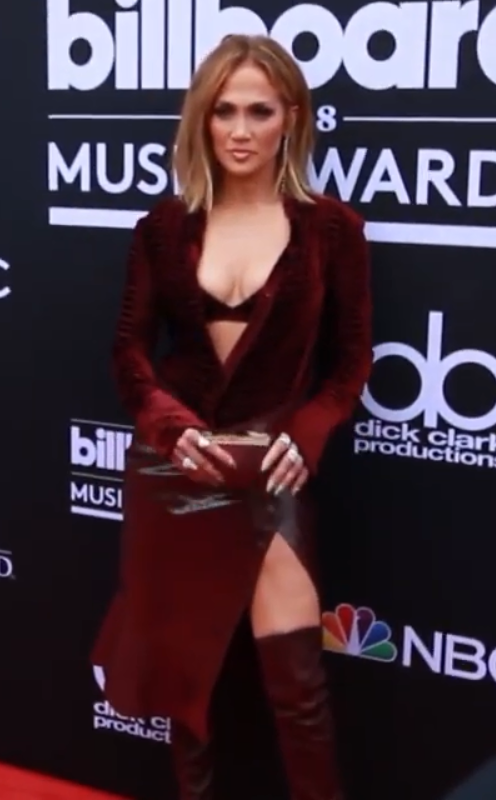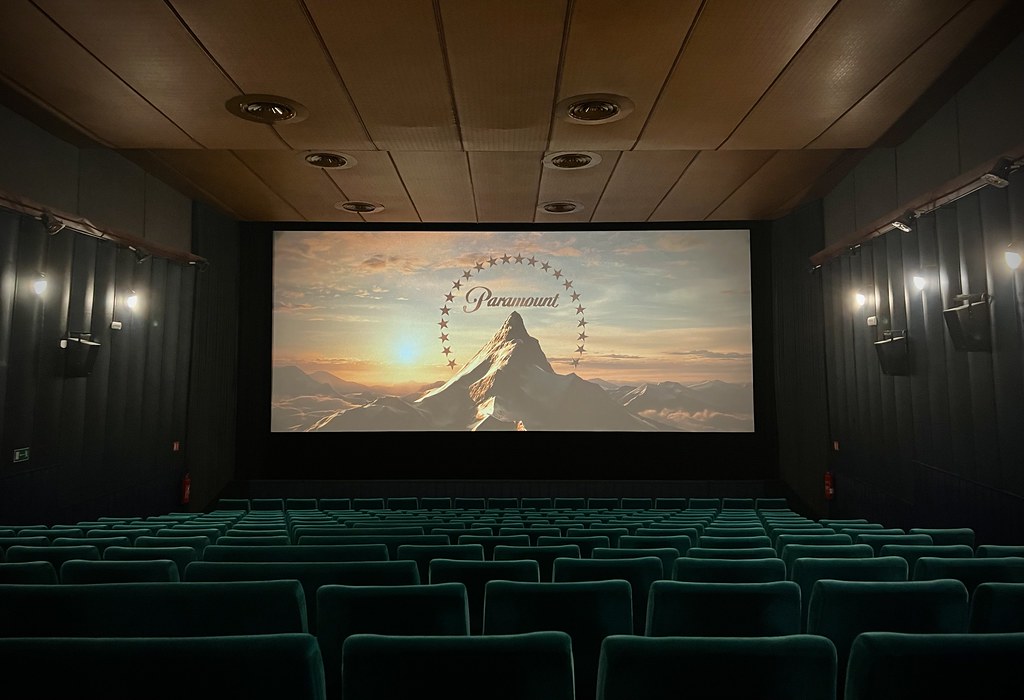
In the fast-paced, digital-first world of modern entertainment, a movie trailer is far more than just a preview; it’s a meticulously crafted first impression, a critical marketing weapon designed to ignite excitement, set expectations, and drive audiences to theaters or streaming platforms. Yet, for some unfortunate projects, this crucial promotional tool backfires spectacularly, becoming a harbinger of doom rather than a beacon of hope. A single trailer, sometimes just a minute or two of carefully edited footage, can reveal fatal flaws, ignite fan fury, or simply fail to connect, effectively sabotaging a film’s chances long before opening night.
Indeed, the internet era has amplified both the reach and the immediate, often brutal, reaction to these cinematic appetizers. Social media, forums, and comment sections transform into instant tribunals where every frame, every line of dialogue, and every creative choice is dissected with unforgiving scrutiny. When a trailer misses the mark, the collective disappointment or outrage can snowball into a full-blown hate campaign, creating a negative narrative that even the most stellar final product might struggle to overcome. For studios, understanding this delicate balance is paramount; for moviegoers, it’s a fascinating, sometimes frustrating, spectacle to witness a film’s fate sealed by its own promotional material.
This phenomenon isn’t new, but its impact is undeniably more pronounced today. We’ve seen promising concepts crumble under the weight of poor first impressions, leaving behind a trail of what-ifs and cautionary tales. Join us as we dive deep into some of the most prominent examples of recent years, exploring the specific missteps that turned potential blockbusters into box office disappointments or critical darlings into cultural punchlines, all thanks to a single, ill-fated trailer. These are the stories of movies that, through one crucial misstep in their marketing, found their release—and reputation—wrecked.
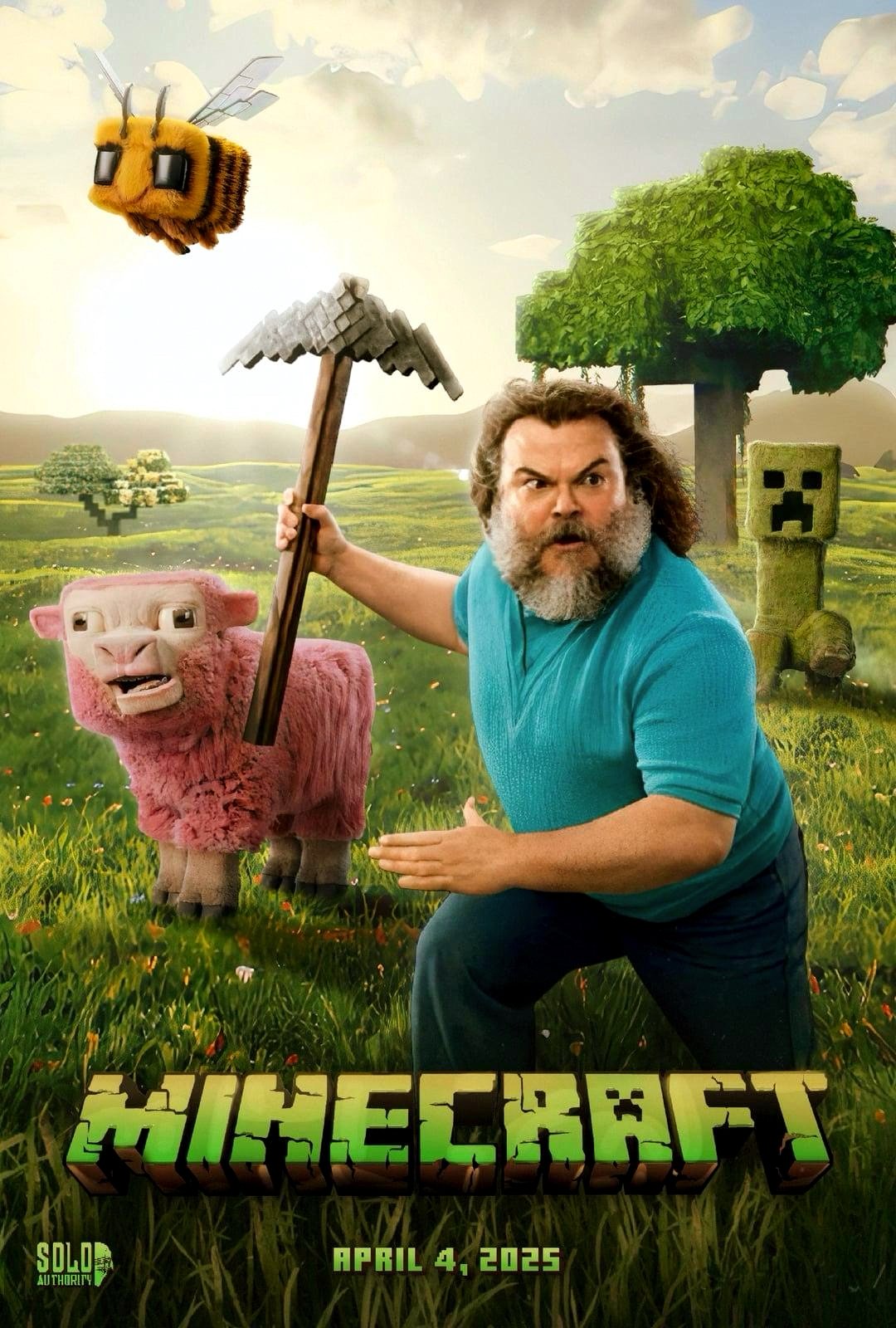
1. **A Minecraft Movie (2025)**
When news broke of a live-action ‘Minecraft’ movie, based on the immensely popular game, fans of the blocky, open-world phenomenon were understandably filled with a mix of anticipation and trepidation. The potential for a faithful and engaging adaptation was immense, but so too was the risk of missing the unique charm and aesthetic that defines the game. Unfortunately, the trailer for the 2025 film appears to have leaned heavily into the latter, prompting a widespread outpouring of negative sentiment from the very fanbase it aimed to captivate.
The immediate fan reaction was one of seething disappointment. Many viewers deemed the film’s premise, which follows four people sucked into the world of Minecraft, as unoriginal and generic. This core narrative choice felt like a departure from the boundless creativity and player-driven exploration that makes the game special, instead opting for a more conventional portal fantasy setup that failed to excite the devoted community.
Beyond the plot, numerous stylistic and creative decisions in the trailer provided ample fodder for critics. The inclusion of a random Beatles song in the trailer felt tonally mismatched with the Minecraft universe, jarring viewers who expected something more aligned with the game’s atmospheric score or at least a more contemporary choice. Furthermore, a significant point of contention was the perceived lack of “Minecraft”-style animation, suggesting a visual aesthetic that deviated too far from the beloved pixelated look. The appearance of a random pink sheep also became a peculiar, yet impactful, detail that contributed to the overall sense of disconnect from the source material.
Perhaps the most meme-worthy moment, and a clear indicator of the trailer’s misfires, was Jack Black introducing himself as Steve while looking very much like Jack Black. This moment encapsulated the feeling that the film might be struggling to bridge the gap between its real-world cast and the iconic, blocky characters of Minecraft. Since its release, fans have taken to “fixing” the trailer themselves, either by creating their own edits or animating it in the authentic style of Minecraft, a clear sign that the official preview failed to meet their expectations and that there’s a strong desire for a different approach. This collective fan effort to ‘correct’ the marketing speaks volumes about the trailer’s negative impact on initial perceptions, foreshadowing a challenging path for the film’s theatrical run.
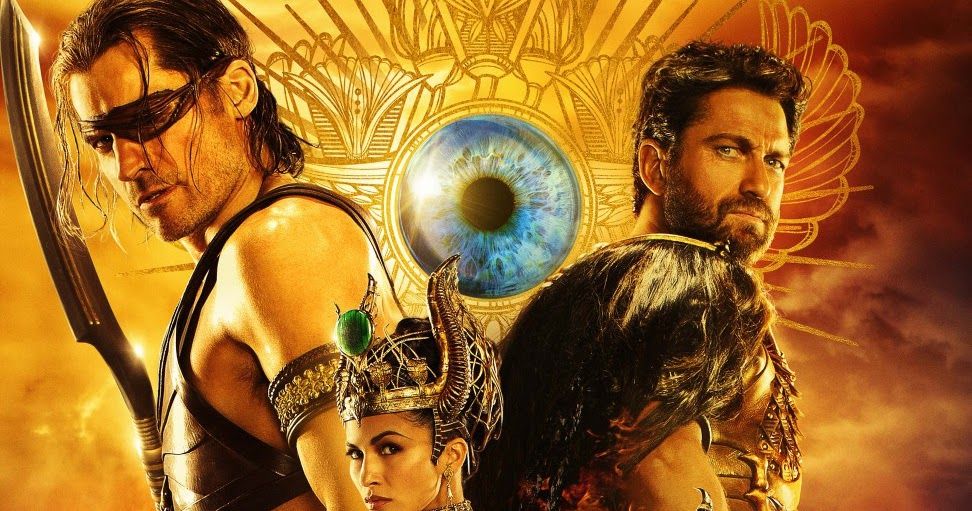
2. **Gods of Egypt (2016)**
‘Gods of Egypt’ arrived with a thunderclap of controversy well before its release, with its character posters sparking immediate and widespread backlash. The core issue, which quickly overshadowed any potential excitement, was the glaring revelation of white actors predominantly cast as Egyptian gods. This decision triggered an intense debate across all media platforms regarding whitewashing in Hollywood, setting a deeply problematic tone for the film’s entire marketing campaign.
The official trailer, rather than attempting to soothe these ruffled feathers or pivot the narrative, only compounded the existing outrage. It served to amplify the visual incongruity that had already drawn ire, cementing the impression that the film was culturally insensitive and tone-deaf. The preview triggered a fresh wave of public debate, not just about casting, but also about representation in film as a whole, with many viewers already predicting a significant flop for the epic fantasy before a single critic had penned a review.
True to those early predictions, ‘Gods of Egypt’ went on to become a considerable box office bomb, failing to recoup its substantial budget and earning overwhelmingly negative critical reviews. Reviewers and audiences alike critiqued the movie extensively, citing a bad script that struggled to weave a compelling narrative and unconvincing special effects that often felt dated or poorly integrated. The visual spectacle, meant to be a draw, instead became another point of criticism, particularly in light of the pre-existing controversies.
Adding another layer of unfortunate publicity, director Alex Proyas himself made headlines with his complaints about the negative reviews, a move that only served to fuel further discussion about the film’s reception rather than diffuse it. While it’s difficult to definitively say whether a better trailer or more strategic marketing could have entirely averted the controversy surrounding its casting, it is undeniably clear that the promotional material did nothing to ease the early criticism and instead, played a significant role in solidifying its image as a misfire, turning a bad first impression into a self-fulfilling prophecy of failure.
Read more about: Hollywood’s One-Hit Wonders: The Directors Whose Careers Crashed with a Single Box Office Bomb
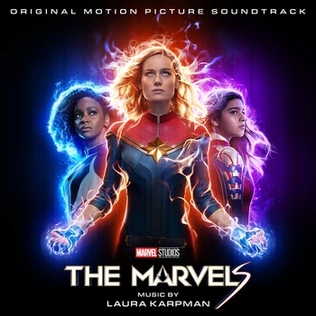
3. **The Marvels (2023)**
Even the most powerful and successful cinematic universes are not immune to missteps, and ‘The Marvels,’ the highly anticipated sequel to the first ‘Captain Marvel’ movie, found itself navigating treacherous waters from the outset. As a follow-up to an already scrutinized predecessor, the film was always destined to be subject to massive fan scrutiny, but its trailer managed to ignite a firestorm that was difficult to extinguish, impacting its trajectory significantly.
When the trailer finally dropped, it quickly made headlines for all the wrong reasons, becoming the MCU’s most disliked trailer on YouTube. This unprecedented level of negative engagement was not an isolated incident but rather a symptom of a broader, more insidious issue. Much of the backlash stemmed from an orchestrated hate campaign directed against the lead actress, Brie Larson, an unfortunate phenomenon that had plagued her previous outing as Captain Marvel. This animosity manifested in widespread review-bombing campaigns, not only targeting ‘The Marvels’ but also other related projects like ‘She-Hulk,’ demonstrating a concerted effort to undermine films featuring strong female leads.
Beyond individual actors, it’s undeniable that ingrained ism and racism also played a significant role in contributing to the fervent fan backlash. ‘The Marvels’ was designed to be led by three powerful women, two of whom were non-white, a representational choice that, while lauded by many, unfortunately, triggered a deeply prejudiced segment of the audience. The trailer, by showcasing this diverse and female-led team, inadvertently became a lightning rod for these underlying biases, drawing disproportionate ire from those resistant to such changes within the beloved superhero genre.
The film ultimately suffered at the box office, struggling to find its footing amidst the pre-release negativity and achieving only mixed critical reviews. This commercial underperformance served as a stark reminder of the power of online sentiment, even if fueled by prejudice. Ironically, a consistent high point noted in many of the critical reviews was the good performances of its leads, including Brie Larson, Teyonah Parris, and Iman Vellani. This dichotomy—a poorly received trailer and box office struggle contrasted with genuinely praised performances—underscores how a film’s initial marketing, and the manufactured controversies surrounding it, can overshadow its intrinsic quality and ultimately wreck its release, regardless of the talent involved in the final product.
Read more about: Hollywood’s Honest Confessions: 12 Actors and Their Candid Takes on Hit Movies
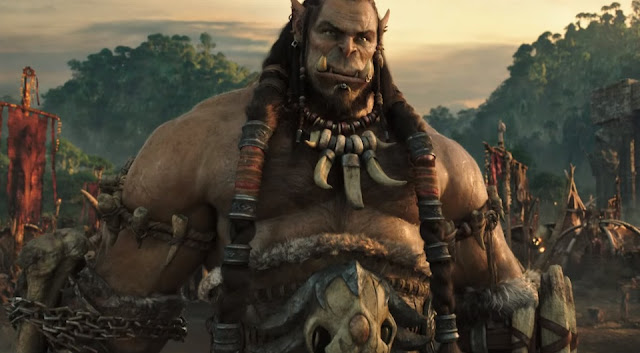
4. **Warcraft (2016)**
Video game adaptations are, by their very nature, a tightrope walk. They carry the immense weight of fan expectations, a passionate and vocal community eager for fidelity but also demanding cinematic quality. For ‘Warcraft,’ a film based on one of the most enduring fantasy franchises in gaming history, the path to the big screen was already fraught with peril. Yet, it wasn’t the intricate CGI or the cast’s performances that sounded the initial alarm; it was a surprising and frankly baffling musical choice in its second trailer that truly set tongues wagging.
Indeed, the studio’s decision to include a blast of dubstep in the second official preview struck many viewers as an almost aggressive miscalculation. This wasn’t just a slight tonal mismatch; it was a stark, jarring departure from the epic, orchestral scores and sweeping fantasy grandeur synonymous with the ‘Warcraft’ universe. Fans had been treated to a more conventional, fitting musical accompaniment in the first trailer, making the dubstep infusion in the follow-up feel like an inexplicable, bewildering betrayal of the established mood and genre expectations.
The immediate aftermath was a flurry of fan skepticism and outright confusion. How could such a fundamental misjudgment make it past the marketing team? The collective eyebrow-raise was so significant that the film’s director, Duncan Jones, felt compelled to publicly assure audiences that the actual movie would feature a “fully scored” soundtrack, devoid of any electronic dance music surprises. This in itself speaks volumes; a director having to quell concerns about a trailer’s soundtrack highlights just how deeply that single misstep resonated.
While the theatrical release ultimately contained no musical oddities of the dubstep variety, the damage to initial perception was undeniably done. That brief, jarring inclusion in the trailer served as an unnecessary distraction, casting a shadow of doubt over the film’s artistic direction and alienating a segment of its core audience. It stands as a curious case study of how a seemingly minor element in promotional material can create disproportionate negative buzz and signal a deeper disconnect between a film and the spirit of its beloved source material.
Read more about: Game Over: 16 Video Game Movies That Prove Some Franchises Should Stay on the Console
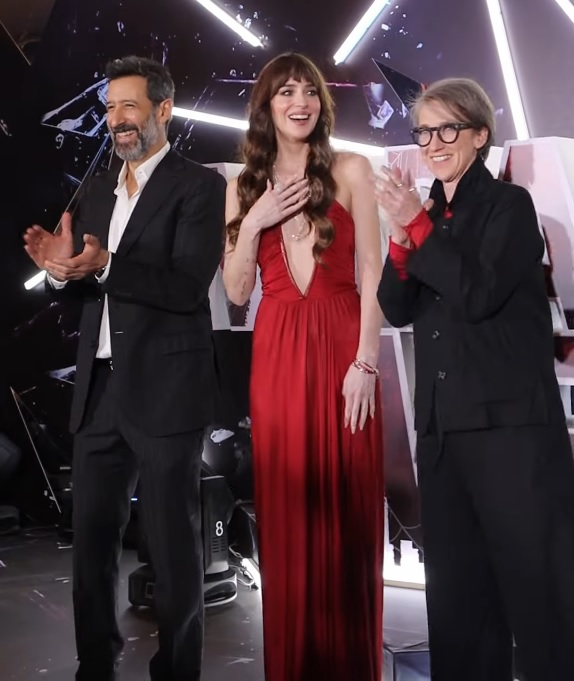
5. **Madame Web (2024)**
From the moment its first trailer hit the internet, ‘Madame Web’ quickly cemented its place in the pantheon of cinematic previews that seemed designed to baffle rather than excite. The much-anticipated entry into Sony’s Spider-Man Universe, centered on the enigmatic Cassandra Webb, stumbled right out of the gate. It presented a smorgasbord of elements that, instead of building hype, ignited widespread criticism and became instant fodder for online mockery.
Among the most glaring issues were the peculiar line delivery and clunky, exposition-heavy dialogue that permeated the trailer. Viewers were quick to point out the awkward phrasing and unnatural cadence, turning once-serious moments into unintentional comedy. One particular line, intended to convey a crucial plot point, transcended mere awkwardness to become a viral meme, illustrating just how poorly the dialogue landed. Ironically, the internet-famous line didn’t even make it into the final cut of the film, highlighting the trailer’s fundamental disconnect from the movie it was supposed to represent.
Beyond the verbal miscues, the trailer’s structural approach left much to be desired. Rather than building suspense or showcasing compelling character drama, it opted for a laborious explanation of Cassandra Webb’s burgeoning powers and the film’s intricate plot. This narrative hand-holding, rather than intriguing, stripped away any sense of mystery or emotional stakes. It presented a bland summary instead of an exciting hook, leaving audiences feeling lectured rather than captivated by the promised superhero spectacle.
The pervasive sense of incompetence emanating from the trailer led to an almost cynical speculation among some viewers: was this all a deliberate, meta-commentary on the genre, or simply a catastrophic failure of marketing? Regardless of the intent, the outcome was undeniable. The trailer effectively inoculated audiences against any potential enjoyment, fostering a pervasive negativity that the film struggled to overcome.
True to the foreshadowing provided by its ill-fated preview, ‘Madame Web’ limped to a poor box office performance and was savaged by negative critical reviews. The film became a cautionary tale of how critical promotional material can utterly derail a project, confirming the early warning signs that flashed across screens. It reinforced the idea that sometimes, even a seemingly minor detail like ‘researching spiders in the Amazon’ can become a symbol of a larger, more fundamental misjudgment in a film’s creative direction, sealing its fate long before its official release.
Read more about: Sydney Sweeney’s Surprising Financial Reality: How Her Off-Screen Ventures Outpace Hollywood Earnings
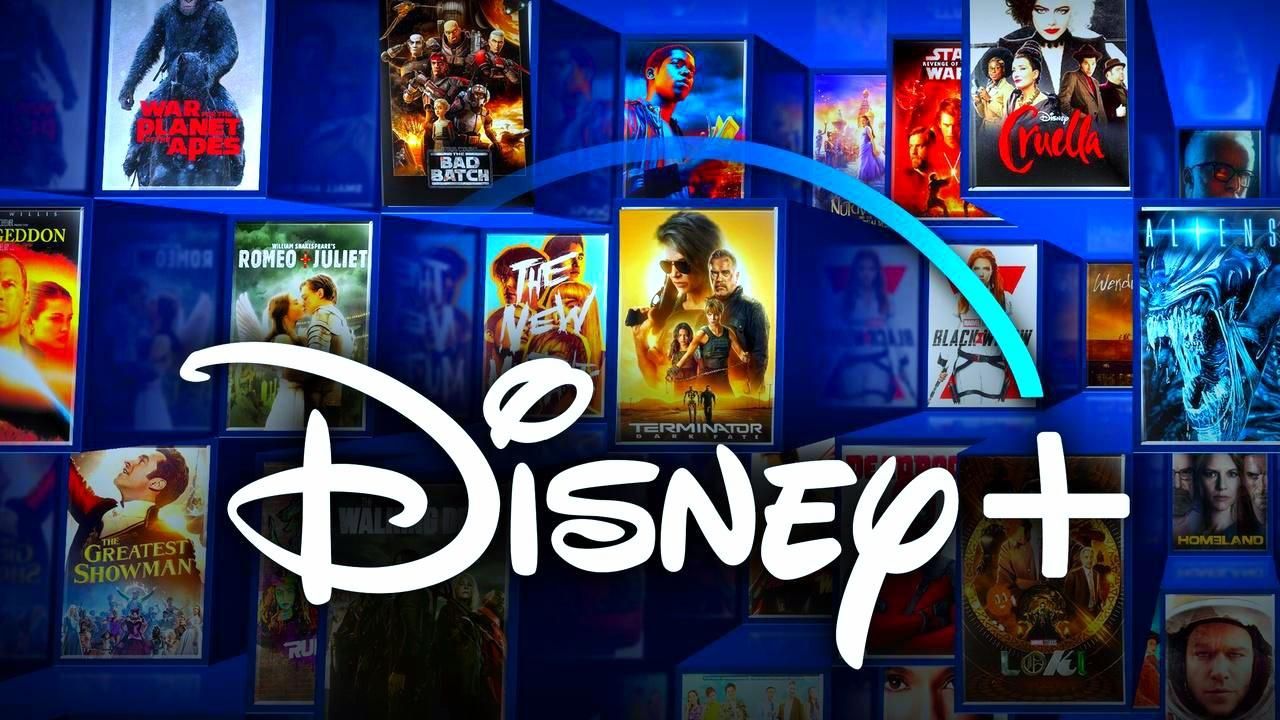
6. **Snow White (2025)**
Disney’s strategy of remaking its animated classics into live-action spectacles has been met with a decidedly mixed reception, often sparking more debate than universal adoration. Recent examples, like the live-action ‘Aladdin,’ serve as a clear precedent that these reboots are not guaranteed crowd-pleasers. For the upcoming ‘Snow White’ reimagining, the marketing campaign, or rather, the collection of early reveals and public comments, has been nothing short of a continuous misstep, creating a palpable sense of apprehension even before a formal trailer was widely released.
The initial glimpses of the film, whether through leaked set photos or official promotional material, immediately struck many as ‘off.’ The highly debated decision to replace the traditional seven dwarfs with a diverse group of ‘magical creatures’ or human actors, often rendered with CGI, ignited a significant backlash. This visual alteration, perceived as a departure from the beloved original, fueled intense online discussion and further cemented a negative narrative around the film’s creative direction. It suggested a fundamental misunderstanding of the iconic fairy tale’s charm and visual identity.
While the casting of Rachel Zegler as Snow White initially generated some controversy, it was her subsequent ‘glib comments’ regarding the changes to modernize the story that truly became a flashpoint for fan outrage. Her remarks, which seemed to dismiss elements cherished by fans in favor of a contemporary reinterpretation, were widely interpreted as disrespectful to the source material. This public relations blunder exacerbated concerns that the film was straying too far from its roots, signaling a disconnect between the creative team’s vision and audience expectations for a faithful, albeit updated, adaptation.
The cumulative effect of these early marketing blunders and the lead actress’s commentary has been a widespread erosion of goodwill. The narrative surrounding ‘Snow White’ became dominated by controversy, adaptation debates, and a profound sense of skepticism. It left many pondering a critical question: ‘does anyone believe this film will be a successful remake?’ The answer, for a significant portion of the audience, appears to be a resounding ‘no,’ indicating that the film’s promotional journey has inadvertently wrecked its chances of a warm reception well in advance of its projected release.
Read more about: 12 Famous Actors Who Now Only Accept Film Roles With Minimum Travel Demands
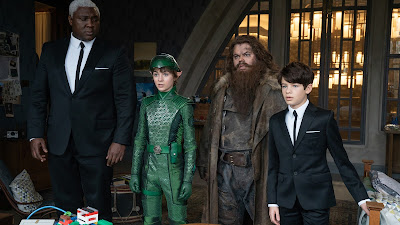
7. **Artemis Fowl (2020)**
The adaptation of Eoin Colfer’s beloved ‘Artemis Fowl’ series was, for many readers, a dream project. The novels, known for their sharp wit, intricate plotting, and a protagonist who defied typical YA tropes by being a genuinely amoral boy genius, held immense potential for cinematic translation. However, when the trailer for Kenneth Branagh’s adaptation dropped, it immediately raised a multitude of red flags, signaling a profound departure from the source material and leaving fans with a strong sense of foreboding.
The most significant concern highlighted by the trailer was the apparent transformation of Artemis Fowl himself. The criminal mastermind and prodigious genius from the books seemed to have been watered down, presented instead as ‘yet another good YA protagonist about to come of age.’ This fundamental shift stripped the character of his unique edge and complex morality, alienating the very fanbase who adored him for his cunning and anti-heroic qualities. The trailer inadvertently suggested that the film was sacrificing the essence of its lead for a more conventional, market-friendly narrative.
Adding further fuel to the fire were the trailer’s controversial casting choices. Fans were openly ‘put off’ by decisions such as casting the Eurasian character Butler as Black and the nut-brown-skinned fairy Holly Short as white. These changes, particularly in a property where character descriptions are integral to the world-building, were seen as unnecessary and, for some, culturally insensitive. They contributed to a growing perception that the film was not committed to a faithful representation of Colfer’s rich and diverse universe.
These initial concerns, so starkly illuminated by the trailer, proved to be tragically accurate. The actual film, upon its release, was widely criticized for being ‘as far from the novel as can be,’ confirming every fan’s worst fears. It devolved into ‘yet another YA adventure, and a badly done one, too,’ failing to capture the intelligence, humor, or distinctiveness that made the books so popular. The trailer, in this instance, served as an unvarnished preview of the film’s ultimate creative misdirection.
The case of ‘Artemis Fowl’ stands as a stark reminder of how a trailer can inadvertently expose a foundational flaw in an adaptation strategy. When promotional material suggests a profound misunderstanding or deliberate alteration of beloved source material, it not only alienates the core audience but also sets the stage for inevitable critical and commercial struggles, wrecking a film’s potential before it even has a chance to truly take flight.
Read more about: Hold Up, Did You Actually Finish These? 14 Movies So Lame People Literally Gave Up Watching Them Halfway Through!
The stories of these films serve as compelling, if unfortunate, case studies in the high-stakes world of movie marketing. They underscore a powerful truth: in an era of instant digital feedback and intense fan scrutiny, a trailer is not merely an advertisement; it’s a critical first impression that can either ignite excitement or, as these examples vividly illustrate, irrevocably wreck a film’s trajectory. For studios, these tales offer invaluable, albeit painful, lessons on the delicate art of crafting that perfect first look. For us, the moviegoing audience, they remain fascinating spectacles of cinematic potential undone by a single, ill-fated preview. The power of a single trailer, for better or worse, continues to shape the destiny of the biggest projects in Hollywood.


